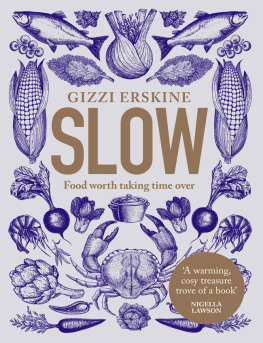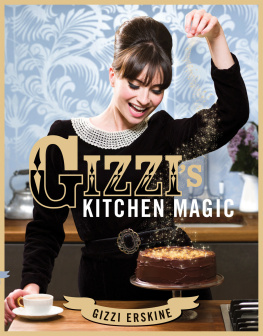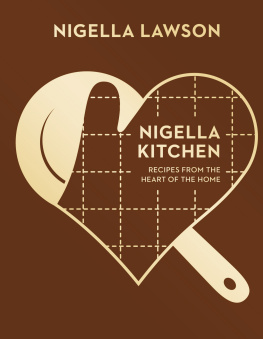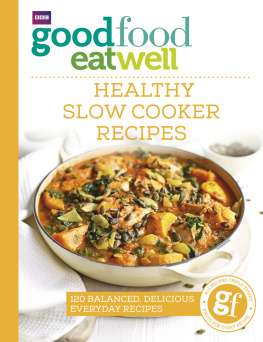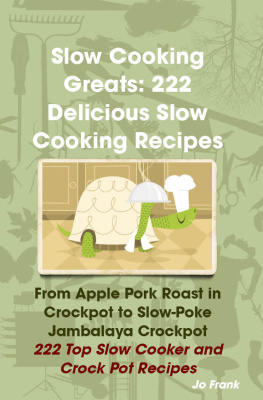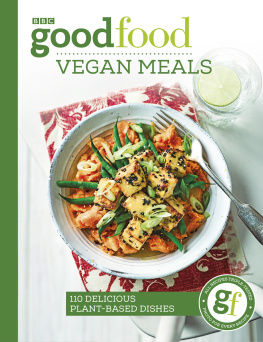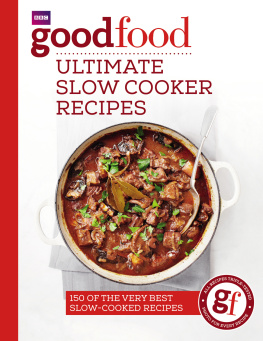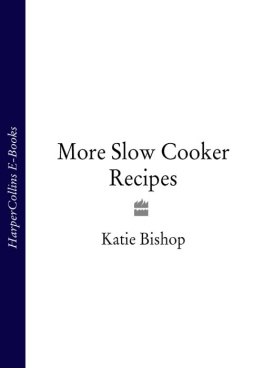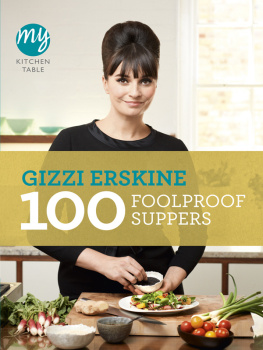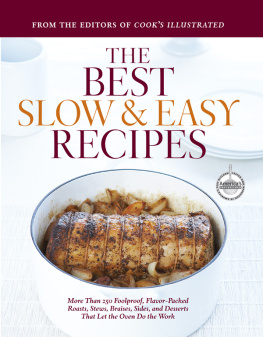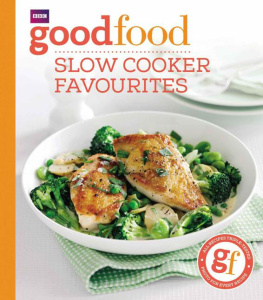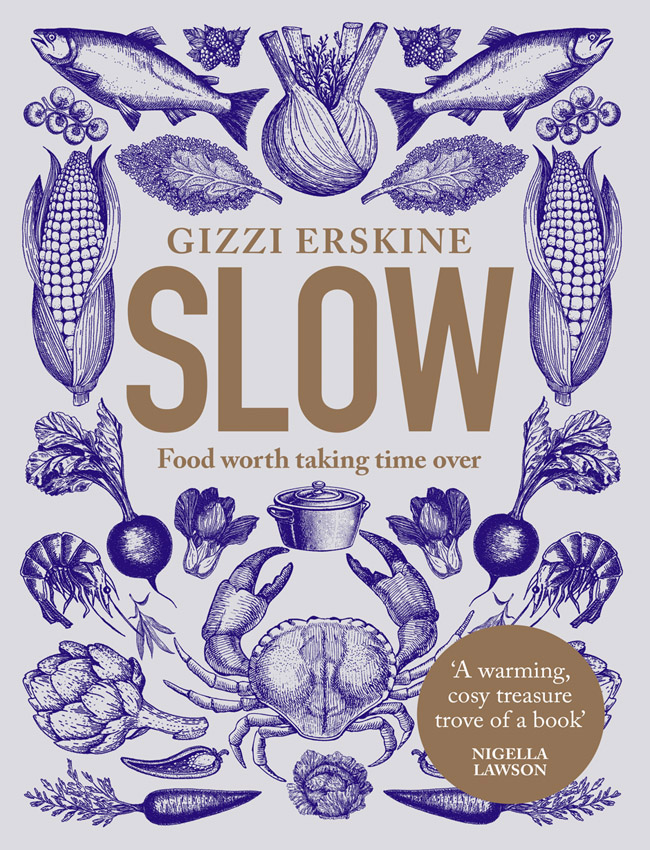Contents

An imprint of HarperCollinsPublishers Ltd
1 London Bridge Street
London SE1 9GF
First published in Great Britain by HQ
An imprint of HarperCollinsPublishers Ltd 2018
Text copyright Gizzi Erskine 2018
Photography copyright Issy Croker 2018
Author photo Eeva Rinne
Gizzi Erskine asserts the moral right to be identified as the author of this work. A catalogue record for this book is available from the British Library.
Hardback ISBN 978-0-00-829194-5
eBook ISBN: 978-0-00-829195-2
Photographer: Issy Croker
Art Director, Props and Food Stylist: Emily Ezekiel
Designer: Dean Martin
Editorial Director: Rachel Kenny
Creative Director: Louise McGrory
Assistant Editor: Celia Lomas
All rights reserved. No part of this publication may be reproduced, stored in a retrieval system, or transmitted, in any form or by any means, electronic, mechanical, photocopying, recording or otherwise, without the prior permission of the publishers.
Sometimes I feel out of sync with the modern approach to cooking, which seems to be all about valuing convenience over quality. Our obsession with ease and speed puts us in danger of failing to appreciate the joys of technique and process, and what it means to pour love and care into the food we are growing and cooking. Cooking shouldnt just be about the final result, it should be about the whole experience, and for me that includes finding the best produce and continually educating myself about the history and heritage of the dishes I cook.
Theres no denying that Ive spent time sitting at my desk reading reviews of my previous books or work on the internet feeling pretty disheartened. While much of my work has received acclaim, the biggest criticisms I get are that people think my work is more complicated than your average popular chef or food writer, and that I dont support using ingredients that are always easy to find. Its true that I dont make things simple for people. Ive wondered whether I should answer the call for quick and easy recipes, whether I should say its OK to use a stock cube and give alternatives for ingredients I love, such as gochujang paste or black vinegar, but I just cant bring myself to do it.
This is not to say that I havent done it in the past. Very early in my career, a TV show wouldnt allow me to make my own curry paste as they thought this would be too challenging for its audience, so, despite finding the statement patronizing, I used the most basic of supermarket pastes. A different show wanted me to cook a braise in under an hour using chuck steak cut into small cubes. The results are out there for all to see, embedded in the internet; I still panic at the idea of them. At the time I knew I shouldnt have gone against my instincts, and now even with the knowledge that I was young and malleable, and that as Ive grown Ive become more comfortable with the way I operate as a food writer they still devastate me.
These examples may not sound that bad, but I see my job as a position of responsibility, being lucky enough to be out there educating people on how to cook. I accept that I run the risk of going against the grain, but what defines me as different is that I really really prefer doing things properly and that is how I want to demonstrate what I do. Unless something is naturally easy or quick, I dont cook in the easiest, fastest way. I love technique; I enjoy finding out the correct way to do something and investing the time and effort in ensuring its made as well as possible.
The kick I get from cooking is the same now as when I first started. The day I made my very first stew is still etched in my memory: the anticipation of seeing a dish develop from raw whole ingredients, rolling my sleeves up and working out the right way to chop them, brown them, braise and bake them. I trusted my mothers advice as she dictated how things should be done, for she had done this a million times before and I knew of no one better equipped to teach me. Her stews, all gelatinous and sticky, were the best Id tasted. I wanted to learn to make stew because that was the food that meant family. Coming home to the smell of a stew cooking made me feel cosy. It made me feel safe. It still does.
Now dont get me wrong, simplicity is something I value enormously. One of my favourite things to eat is a simple tomato salad. It can be really good, if maybe a little bit ugly, when made using tomatoes that are just a bit overripe and that have been slow-grown in soil. The journey of these tomatoes is wholly different from that of mass-produced Dutch double end tomatoes, grown in nutritionless blue fluff in rows and rows of glasshouses in Holland. You know the type of tomato I mean? Theyre grown for yield, as money-makers; pumped full of growth promoters and poisoned with insecticides. These are the tomatoes that big corporate food producers palm off on the consumer, who often doesnt really understand the difference between various tomatoes, as the packaging is designed to allow each type to masquerade as a premium product. I mean the sexy little Italian numbers that are rarely from Italy or Spain or anywhere Mediterranean as the packaging suggests, but mainly from Holland.
Now if youre the dream tomato and I have this on great authority from one of the best greengrocers in the biz, Andreas Georghiou from Andreas on Chelsea Green you live in the south of Italy on the Amalfi coast of Naples. The tomatoes are irrigated naturally as the magic mist of the salty sea water is spritzed up into the air above the nutrient-dense charcoal and peaty soil of the volcanic hills. Here the tomatoes grow at a slow and steady pace, and the salt-water irrigation naturally fights off bugs while infusing the tomatoes and bringing out more flavour. Youre the dream tomato; you smell of the sea, you smell as a real tomato should smell! These kings of the tomato world are called San Marzarno tomatoes. You wouldnt dream of eating them in any other way than raw and just a fraction beyond firm with salt and a trickle of the decadent first pressing of olive oil and if you have it, a dash of high-quality reduced sherry vinegar, such as Capirete or El Majuelo.
What Im saying is that this is the food and method of production that I value, and while I appreciate that it is not always available to everyone, it acts as a metaphor for the ideal approach to recipes. You can enhance the simplest ingredient with the same amount of care and attention and this will yield the same kind of experience as eating that magical tomato.
I also see this approach as one you can apply to all areas of modern consumption; if you value the ingredients you buy more highly, you are more likely to cook properly with them, less likely to create waste, less likely to consume more than you need. We cannot continue to live at our current relentless, reckless pace with no consideration for the impact it is having on the world around us, let alone our personal health. We need to start being more conscientious and considered. With this in mind, my book is focussed towards vegetables, meat and dairy products that have been produced with the same investment of time, energy and care.
We all need to reduce our consumption of meat, but I want this book to challenge the way in which you buy it, in order to ensure that the meat you do buy is of the highest possible quality. I also want to encourage you to try more unusual and economical cuts, to make use of the whole animal and respect and value the idea of eating meat. This to me is the most modern way of eating; realistic but aware! Ive started to focus away from organic produce, instead seeking out slow-grown, ethically and properly produced food. By looking into the background of the ingredients we buy we can educate ourselves about where our food is coming from, and I guarantee that the best-quality food will be the tastiest, and will have the added bonus of offering the highest nutritional value.

